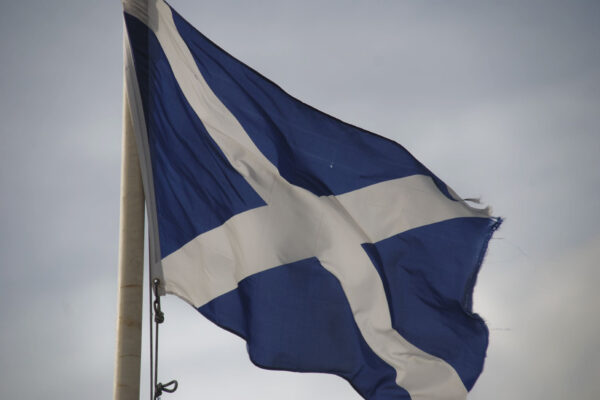
My most recent article about Scottish independence, from last summer, got more than a hundred angry replies on Twitter today.
Not a lot of substantive comments, unfortunately, although I had good discussions with those Scots who argued I had overstated the risks of dissolution and underestimated the opportunities.
No, nearly all replies hounded me for describing Scotland as a “region” and not a “country”, which I know it is.
The reason I use “country” as well as “region” is that Scotland’s constitutional status — a country within a country — can be confusing to readers who aren’t familiar with the UK. That’s all. I meant no offense.
Triggered
The fact that this triggered so many Scottish nationalists (some took issue with being called “separatists”) is revealing, though.
I’m not offended when somebody refers to the Netherlands as “Holland”, but people in Friesland or Limburg might be. Those regions have their own histories, their own identities, in Friesland’s case their own language, and they have long felt neglected by the center.
For all the confident claims that Scotland would prosper on its own (I have my doubts, but the fundamentals of the Scottish economy are strong), it seems to me the independence movement is animated less by excitement about a building their own state and more by an inferiority complex vis-à-vis the English, who have imposed a decade of Conservative Party rule and Brexit on the island. Hence the insistence that Scotland is an (equal) country.
Vicious cycle
It reminds me of the passions around Catalan separatism, which I’ve written about here and in The National Interest. Few Catalans and Spaniards are moved by the rational arguments for and against independence; Catalans feel disrespected by Spain and other Spaniards are insulted by Catalonia’s desire to break away.
This fuels a vicious cycle of apathy and contempt, which makes it more difficult to find a middle ground — and which could make secession, if it happens, more acrimonious than it needs to be.
If Scotland secedes — that’s up to the people of Scotland — it would still have a roughly 40-percent unionist population, according to recent polls. England would still be its biggest market. Scotland would still rely, at least for a while, on the rump UK for its defense. EU membership would take time to negotiate and, despite what many nationalists believe, it would mean adopting the euro. (If there’s one thing the British must have learned from Brexit it’s that the EU doesn’t bluff.)
Scotland may eventually do better outside the UK, but independence wouldn’t mean isolation. Scottish nationalists should think twice before vilifying unionists (and sympathetic opinion writers on the other side of the North Sea, who merely point out the tradeoffs of breaking up the UK) or they will discover that passions can run both ways.

I think you will find that Scotland is a country within the United Kingdom of Great Britain and Northern Ireland, which is itself is a Union. Much Like the EU. Would you call France a region of the European Union? Scots who favour leaving the UK are well aware of the passions shown by Unionists. Passion has never been a reason to accept factually incorrect information.